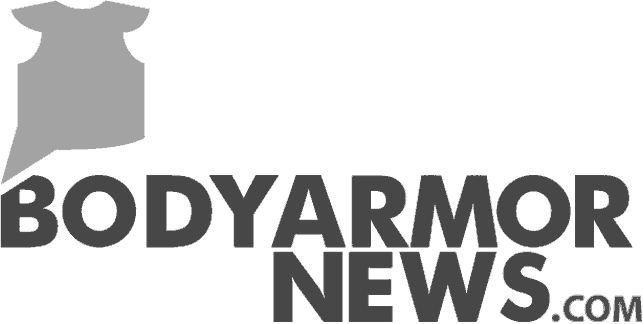Procotex stands out in the textile industry as a leading supplier of sustainable fibers. Known as a family-owned business headquartered in Belgium, Procotex specializes in processing and selling flax fibers, as well as supplying raw materials made from both post-production and post-consumer textile waste. The company serves a wide range of industries and technical applications, including automotive, spinning, compounding, brake pads, gaskets, and paints. In an exclusive interview, Mr. Olivier Douchy shared insights into the various companies under the Procotex group and their innovative practices.
Diverse Fiber Solutions
Procotex categorizes its activities into three main pillars: flax fibers, natural and synthetic fibers, and technical fibers, which primarily include carbon and aramid fibers. All their products are sustainably sourced, ensuring a minimal environmental footprint throughout their lifecycle.
The recycling of technical fibers is a crucial focus for Procotex. Carbon fibers, renowned for their high tensile strength and lightweight properties, are primarily sourced from production waste in various industries, including aerospace, marine, military, and carbon filament manufacturing. Procotex can also recover soft carbon fibers from end-of-life composite parts. Due to the unique characteristics of these materials, such as coatings or resins, the recycling process is more complex. However, Procotex’s advanced techniques, including pyrolysis, enable efficient recovery and reuse of these valuable fibers.
For its aramid fibers recycling department, Procotex primarily sources materials from post-production waste but also employs a unique process to demilitarize outdated bulletproof vests. Ballistic materials often comprise aramid woven fabrics due to their high impact resistance and strength. Mr. Olivier Douchy explains that their take-back program offers attractive prices for the aramid fibers in these vests. However, many people remain unaware of this recycling option, leading to large volumes of outdated vests being stored instead of recycled. By participating in trade fairs, Procotex aims to raise global awareness and establish durable collaborations with new suppliers.
In this niche market, Procotex recognizes the critical importance of a completely safe procedure, from the collection of materials to their processing into semi-finished products. They guarantee their suppliers that direct, guided transport is arranged from police or military depots to Procotex, ensuring an efficient and secure transfer. Additionally, Procotex assures that all materials are stored in a locked, secured warehouse and provides precise documentation to ensure accuracy in weight and transparency in the production process. Upon delivery, the vests are processed as quickly as possible, undergoing an industrial guillotine to ensure their immediate destruction and loss of function, making them ready for dismantling.
Milled Aramid fibers for a sustainable future
Procotex exemplifies the synergy between innovation and sustainability. Through its comprehensive approach to recycling aramid fibers, the company introduces new raw materials to the market, mostly in the form of a dry powder or pulp. These materials are ideal for various technical applications, from which friction and high-temperature resistance are the most important ones. Target markets for Procotex’s milled and precision cut aramid fibers include gaskets, paints, asphalt, brake pads, technical non-wovens, spinning, and many others.
Aramid fibres are a good alternative for asbestos in many applications as the chemical resilience is outstanding and the materials are non-toxic, which is very important for the people who work with it on a daily basis. They can be more expensive than asbestos, although their long-term benefits and safety can justify the initial investment. A strong commitment to environmental stewardship, Procotex is paving the way for a more sustainable future.
Global Presence Brings Recycling Expertise
Procotex guarantees its global presence with six production sites. The first site, established in Dottignies, Belgium, remains a key location, housing the recycling division for natural and synthetic fibers and serving as the headquarters for the group. Recently, ‘Apply Carbon’, the French subsidiary of Procotex, expanded its operations by acquiring a new 10 hectares production site dedicated to recycling technical fibers. In Lithuania, the company operates two production sites focused on producing flax fibers under the name of another daughter company ‘Linolitas’, this strengthens Procotex’s position as an industry leader in the hackling process of flax fibers. Some of the markets they are serving are linen yarns for clothes and furniture textiles, US dollar bank notes, plumbers’ flax spools etc.
“The first Turkish company was established in 2013, under the name of Belturec, which stands for Belgian Turkish Recycling Company” explained Mr. Douchy. “Procotex was already recycling a significant amount of synthetic textiles back then, mainly polypropylene fibers, coming from Belgian carpet producers. As the carpet industry began shifting more towards the USA and Gaziantep, Turkey, we decided to follow them to remain close to our material sources. Recently, we decided to establish a new production facility in Gaziantep, adding also a second recycling division for carbon fibers (BTF: Belturec Technical Fibers). By relocating certain processes from our French production site to Turkey, we gain strategic advantages that enhance our competitiveness in the global market for short cut carbon fibers.”










